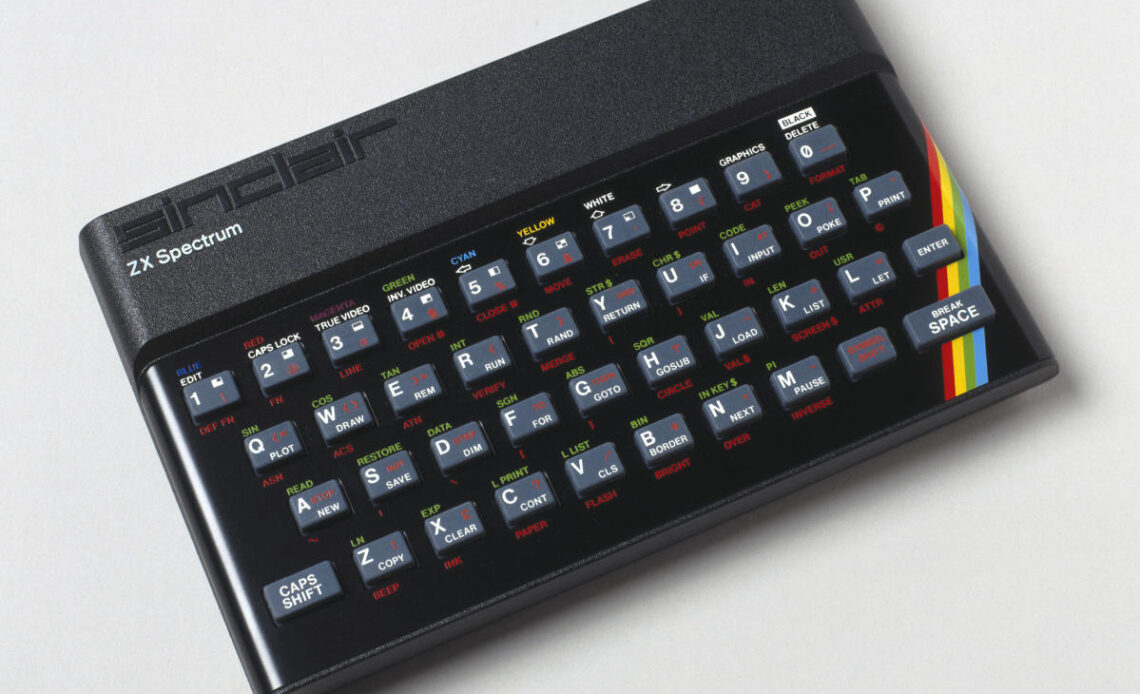Hey! If you have fond memories playing Manic Miner or Jet Set Willy on your family TV, you’ll love The Rubber Keyed Wonder. It’s a new documentary chronicling the birth, life, death and rebirth of the Sinclair ZX Spectrum that premieres today. The crowdfunded film is an adoring look at the iconic and legendary artifact of computing history with plenty of high profile contributors. Two thumbs up! Go watch the film now, there’s no need for you to keep reading beyond this point, I hope you have loads of fun!
If you’re a die-hard fan, there’s no need to keep reading!
(Hopefully they’ve gone now.)
It was while watching The Rubber Keyed Wonder that I realized what makes me itchy about the current crop of pop-culture documentaries going around. A documentary should be an authored essay offering a point of view, an argument, or at least educating you about a subject matter. They’re usually deeply one-sided, but they normally have something to say beyond “hey, isn’t this neat?” That’s what I’ve found lacking in documentaries like this and since they don’t have much at all to say beyond that. Which is heartbreaking when the film’s subject matter is nowhere near as neat and far more interesting as it’s made out to be here.
If you’re unfamiliar, Sir Clive Sinclair was a British inventor whose work made a huge impact on the electronics industry. He developed ultra-small transistor radios, pioneered the pocket calculator, the digital watch and the portable TV. His interest in green transport saw him build a single-rider electric vehicle decades before the advent of the e-scooter. But all of that is a footnote to his range of affordable home computers, the most notable being the Spectrum.
The Britain Sinclair grew up in was broke, and he made it his life’s mission to produce products that were affordable enough for anyone to buy. His cheap, mass-market products were big hits and deeply undercut the competition, especially in home computers. Unfortunately, the low cost also meant his gear was badly-made, unreliable and severely underpowered.
But the affordability and limitations sparked a creative boom that is credited with creating the UK’s computer games industry. The heads of several major British studios cut their teeth on developing and selling games for the ZX Spectrum. And the second-order effects of Sinclair’s work left a far deeper impact on the technology industry more…

